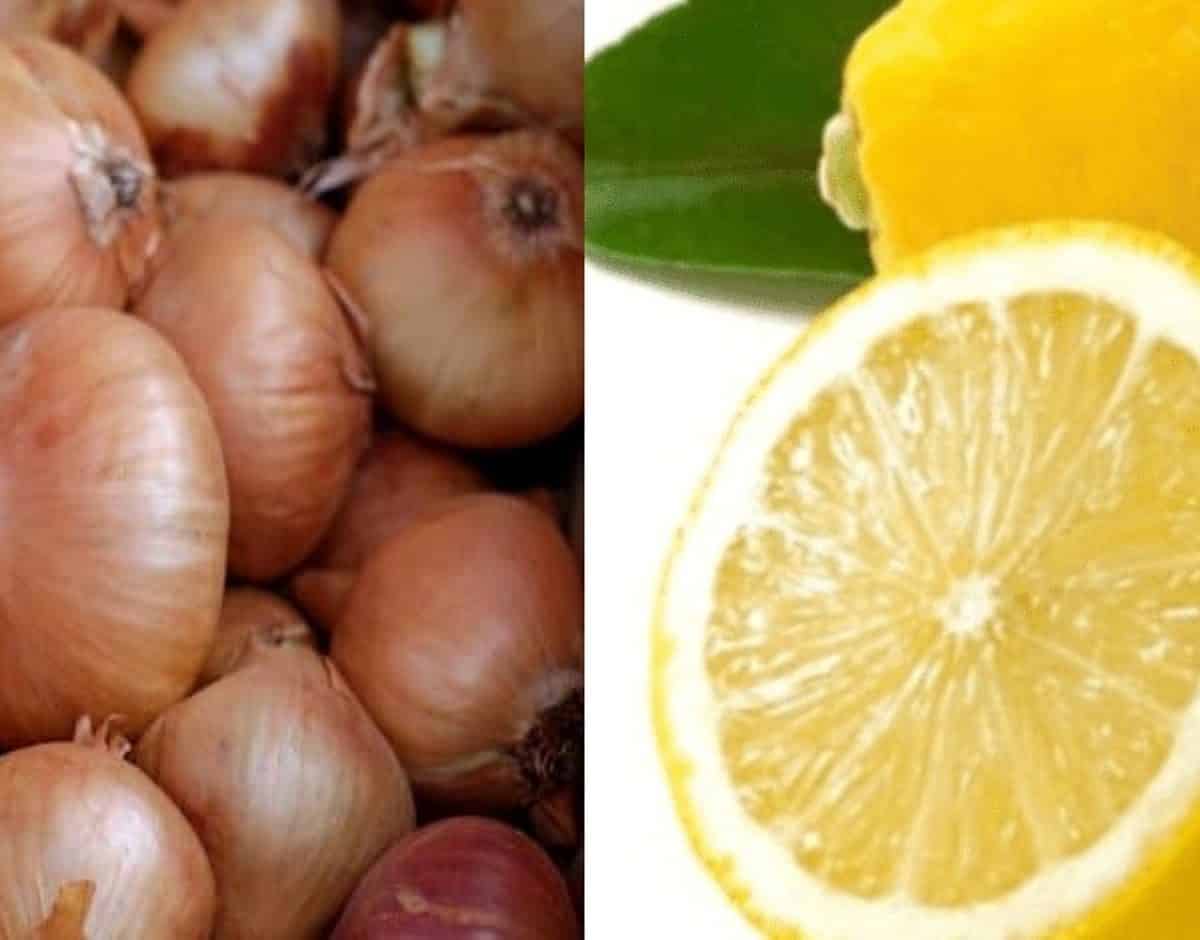
Jeddah: With onions now more expensive than beef and chicken in inflation-hit Philippines, Filipino expats of the Gulf region prefer to take onions into home by smuggling. Even the country’s airline crew is no exemption when it comes to the most sought after staple.
The Philippine authorities are filing smuggling charges against 10 Filipino cabin crew members who tried to bring home onions and fruits from the UAE and Saudi Arabia, media reported on Saturday.
The Philippine Airlines staff—who arrived on two separate flights from Dubai (PR 659) and Riyadh (PR 655) on Friday —were caught with 27kg onions, 10.5kg lemons, and 1kg strawberries and blueberries, according to a report by Manila-based radio station DWIZ 882.
The confiscated items were found in suitcases upon the cabin crew’s arrival at Terminal 1 of Manila’s international airport, the report added, quoting a statement from a Customs officer.
The cabin crew members are set to face charges of smuggling in violation of the Customs rules.
Customs authorities had handed over the haul to the Bureau of Plant Quarantine for immediate destruction.
The airline has been informed of the incident and its flight attendants have been reminded that bringing fruits or any plants into the country is prohibited, a Philippine Airlines spokesperson said in the report. It added that the carrier is cooperating with airport authorities.
Lawyer Ma Lourdes Mangaoang, deputy collector for passenger services, told the radio station that the flight attendants failed to declare the confiscated items in the customs baggage declaration form.
A government official clarified that bringing onions or any other agricultural products in one’s luggage is considered importation — even in quantities for personal use.
“Importation is done through a certain process, where various clearances have to be sought,” Khaleej Times reported quoting Nolet Fulgencio, agriculture attaché at the Philippine Consulate-General in Dubai and the Northern Emirates.
The reminder comes amidst many Filipino expats flying home with luggages filled with onions, considering how the vegetable’s price had skyrocketed many folds back home compared with the gulf.
Customs officers seized $310,000 worth of white onions concealed in a clothing shipment in their latest bust on December 23, according to the state-run Philippine News Agency. Two days earlier, $364,000 worth of red onions from China found hidden in pastry boxes were also seized by Customs.
President Ferdinand Marcos Jr. said he hoped to find a way to sell the smuggled onions to “reduce the supply problems” the country was facing.
Joey Salceda, resident economist at the Philippine House of Representatives, lamented Sunday that the country now has the “world’s most expensive domestic onion prices,” while Filipinos have flooded social media to complain about the sky-high prices.
The price surge comes after a spate of super typhoons hit the Philippines last year, damaging tens of billions of pesos worth of crops. The Southeast Asian country has been grappling with soaring inflation in recent months, with consumer prices jumping 8.1% in December, hitting a 14-year high, according to the Philippine Statistics Authority, media reports said.
